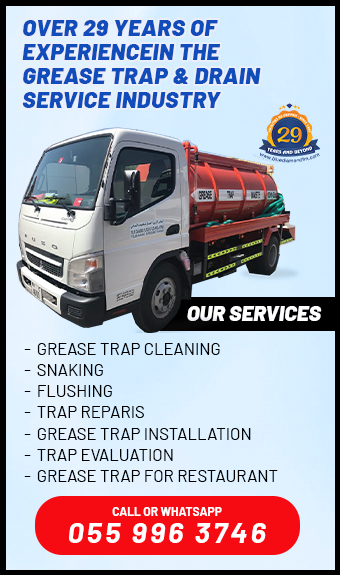Why cleaning frequency matters now more than ever
Restaurants often underestimate the business impact of the right Grease Trap Cleaning Frequency. In the UAE’s fast-paced food scene, an overloaded grease trap can lead to foul odors, blocked drains, failed inspections and costly emergency call-outs. Getting the cleaning cadence right keeps kitchens running, helps satisfy Dubai Municipality and other emirate regulators, and protects your brand reputation.
Understanding Grease Trap Cleaning Frequency: fundamentals
Grease Trap Cleaning Frequency is the planned interval between professional cleanings of your grease interceptor or trap. The optimal interval depends on several variables:
Type of cuisine (fats, oils and grease — FOG — profiles differ by menu)
Kitchen throughput (meals served per day / peak hours)
Trap size and design (underground interceptor vs under-sink trap)
Operational practices (plate scraping, use of strainers, enzyme use)
A data-driven cleaning schedule reduces emergency expenses and is more cost-effective than reactive maintenance.
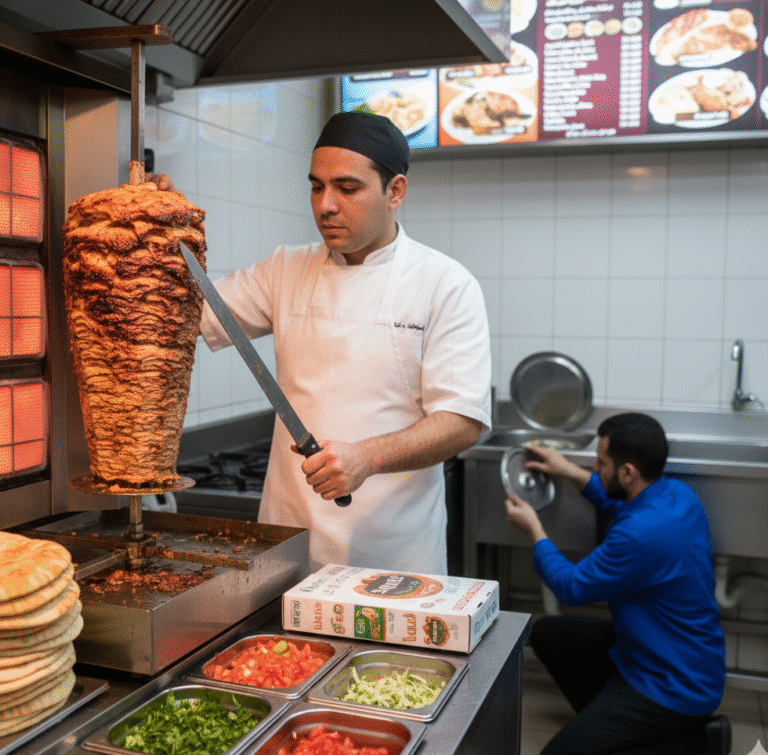
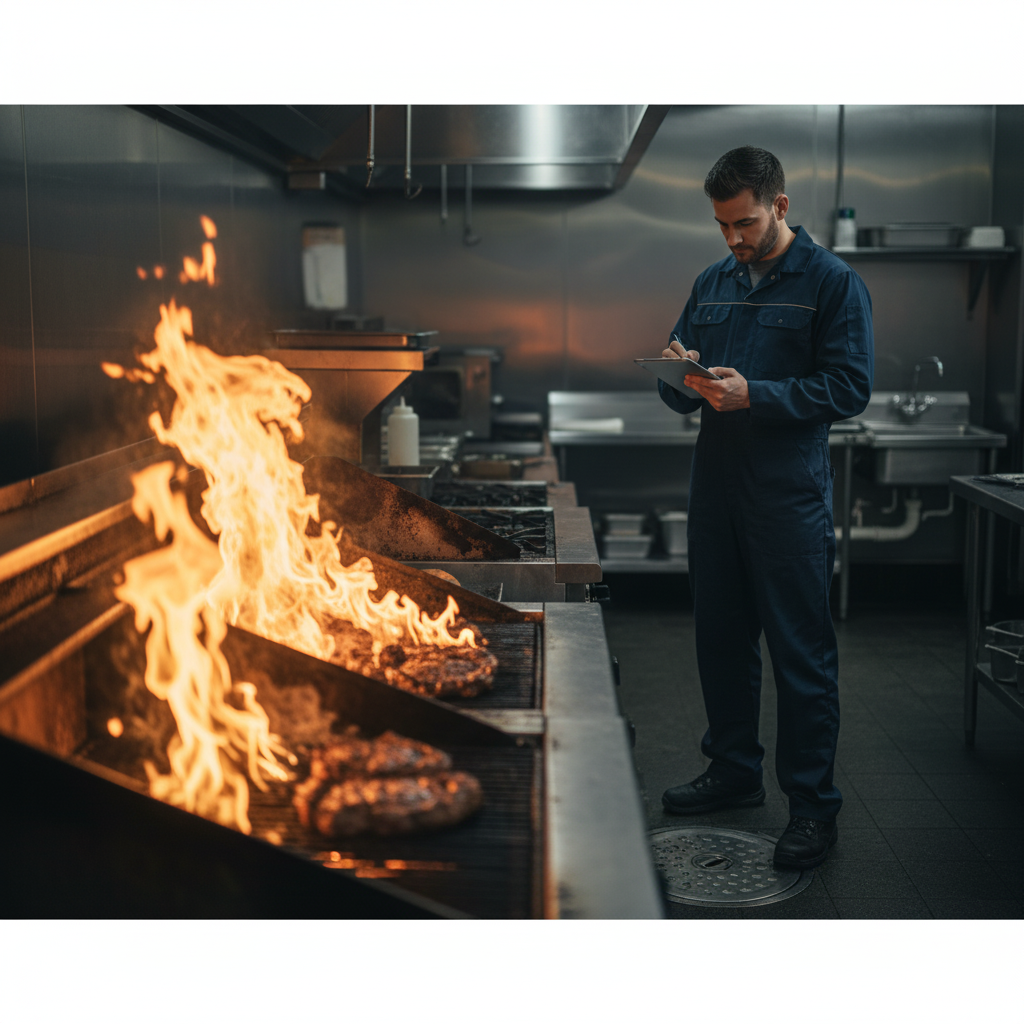
Even with a schedule, watch for these red flags — if you see them, increase your Grease Trap Cleaning Frequency immediately:
Slow draining sinks and gurgling drains
Persistent foul odors around the kitchen or service areas
Visible grease sheen in floor drains or trap access points
Increased pest activity near waste zones
Frequent emergency plumbing call-outs
Signs your grease trap needs cleaning now
Cuisine-based guidance — recommended cleaning frequency by kitchen type
Below are practical, experience-based recommendations for Grease Trap Cleaning Frequency for common food concepts across the UAE.
Middle Eastern kitchens (shawarma, grills, kebabs)
Middle Eastern kitchens typically produce heavy animal fats and drippings from spits and grills.
Recommended frequency: weekly to bi-weekly for high-volume shawarma/rotisserie outlets; bi-weekly to monthly for smaller cafés.
Why: Rotisserie fats congeal quickly and fill traps fast.
Tip: Use grease collection buckets under spits and instruct staff to scrape trays.
Asian kitchens (Chinese woks, Indian curries, Thai stir-fry)
Asian cooking generates fine oil aerosols, thick sauces and frequent wok use.
Recommended frequency: every 2–4 weeks depending on frying/wok intensity.
Why: High-heat wok cooking splatters oil across drains and leads to faster FOG accumulation.
Tip: Install pre-filters and schedule extra cleanings during festival periods.
Western kitchens & steakhouses (grills, fryers, butchery)
Steakhouses and burger joints produce large volumes of animal fat and deep-fryer oil.
Recommended frequency: weekly to bi-weekly, especially during weekend dinner service.
Why: Heavy animal fats and frying oils build up quickly and can congeal in cooler trap sections.
Tip: Use decanting buckets for rendered fat and ensure correct trap sizing.
Bakeries & cafés (dairy fats, pastry oils)
Bakeries deal with butter and dairy fats rather than heavy animal grease.
Recommended frequency: monthly for low-volume operations; bi-weekly if pastry production is intense.
Tip: Regularly clean mixers and waste traps to reduce solids entering the system.
Cloud kitchens & multi-brand facilities
Cloud kitchens run continuous shifts and multiple menus, increasing FOG load unpredictably.
Recommended frequency: weekly or a customized, monitored schedule.
Why: High throughput in confined spaces accelerates grease accumulation.
Tip: Use digital logs and consider remote monitoring (IoT sensors) to optimize frequency.
Operational best practices to complement cleaning frequency
To make every scheduled service count:
Train staff to scrape plates and use strainers at all times.
Keep a service log with dates, volumes removed and vendor details for inspections.
Use enzyme or bio-additives only as a supplement — they do not replace professional cleanings.
Choose correctly sized traps during installation; an undersized trap requires more frequent cleanings and costs more over time.
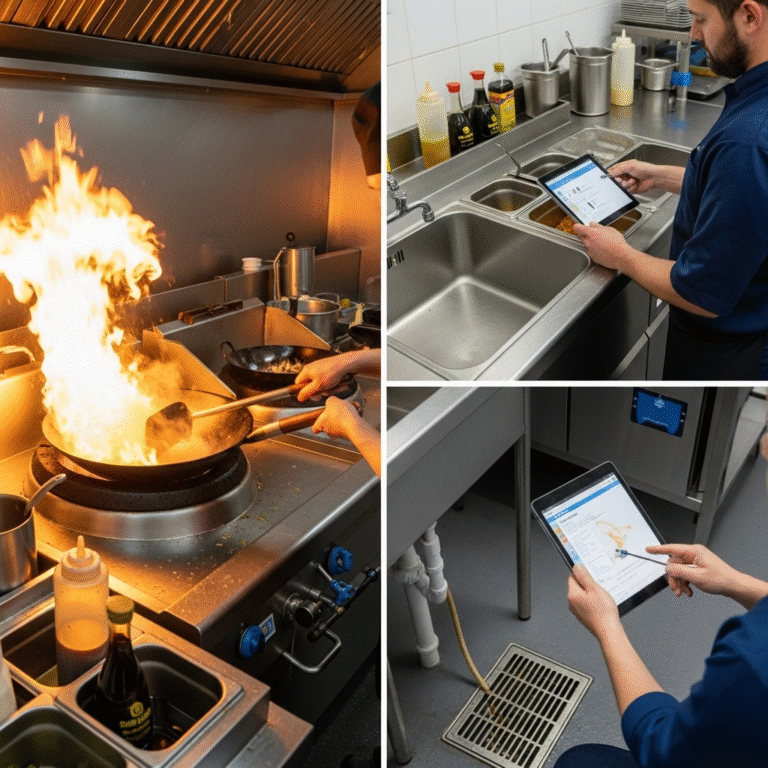
Compliance: what UAE kitchens must consider
Municipalities in Dubai, Abu Dhabi and across the UAE require documented grease trap maintenance and proper disposal of FOG waste. A consistent Grease Trap Cleaning Frequency backed by certified service reports helps you pass inspections, avoid fines and demonstrates good environmental practice. Always work with licensed waste transporters and request manifest receipts.
Why partner with professional service providers
Professional grease trap companies deliver:
Certified cleaning and licensed FOG disposal (required by UAE regulators)
Digital reporting and audit-ready records for municipalities
Predictable scheduling and emergency response — reducing downtime
Expertise to tailor Grease Trap Cleaning Frequency to your cuisine and throughput
A service contract is an investment: planned maintenance reduces unexpected costs, protects brand reputation and preserves plumbing assets.
make frequency work for your kitchen
The correct Grease Trap Cleaning Frequency is not one-size-fits-all. It should reflect your cuisine, volume and local regulations. Use staff training, proper equipment and certified service partners to create a robust maintenance plan that keeps kitchens compliant and customers happy.
Ready to lock in a maintenance plan tailored to your cuisine and volume?
Book a free site assessment with our UAE grease trap specialists today and get a custom cleaning schedule and compliance checklist.
Most Frequently Asked Question
High-volume shawarma and grill kitchens typically need weekly to bi-weekly grease trap cleanings. High animal-fat output and continuous rotisserie use cause rapid FOG buildup, so a shorter cleaning interval prevents blockages and odors.
Increase frequency if you observe slow drains, gurgling, foul kitchen odors, visible grease sheen in floor drains, increased pest activity, or repeated emergency plumbing call-outs. These are clear signs your current schedule isn’t sufficient.
No. Enzyme or bio-additive products can help reduce odors and slow FOG accumulation but do not replace certified professional cleanings. Enzymes are a supplement; scheduled mechanical removal and licensed disposal remain mandatory for compliance.
Cloud kitchens generally require weekly cleanings or a customized monitored schedule due to continuous, multi-brand production. Remote monitoring (IoT) and service logs are recommended to adjust frequency based on actual load.
Yes. While municipalities require documented maintenance for all food businesses, cuisines that produce heavier FOG (grills, deep-fryers, rotisseries) will need more frequent cleanings and detailed service records to demonstrate compliance during inspections.
Create a data-driven plan: assess trap size, kitchen throughput, and FOG profile; implement staff best practices (plate scraping, strainers); use professional providers with audit-ready reporting. This approach balances Grease Trap Cleaning Frequency and cost by preventing emergency repairs and fines.
Our Services
Our step-by-step guide simplifies the cleaning process, ensuring a hassle-free experience while keeping your traps clean.
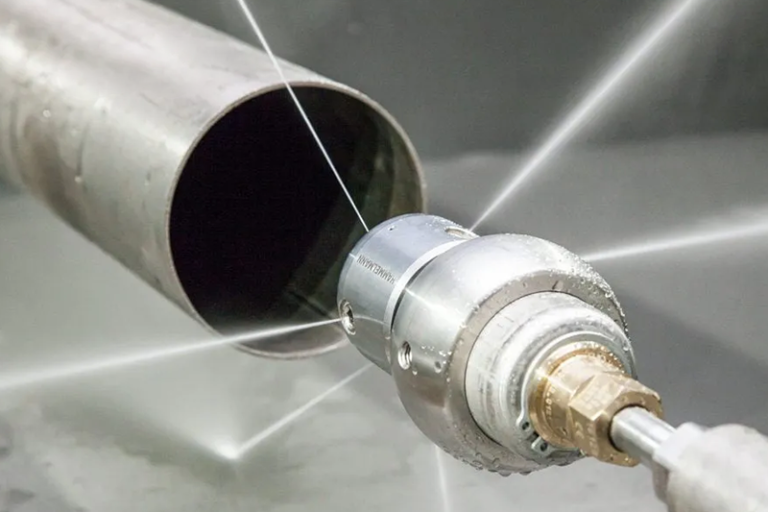
Drain Line Jetting
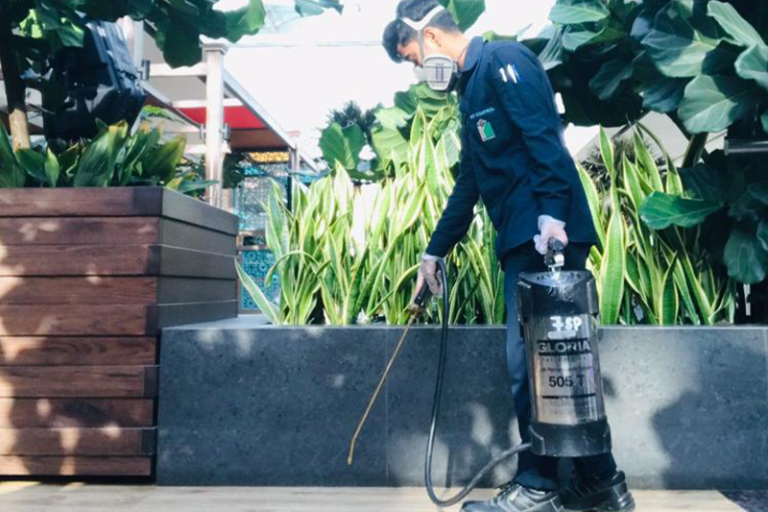
Pest Control Service
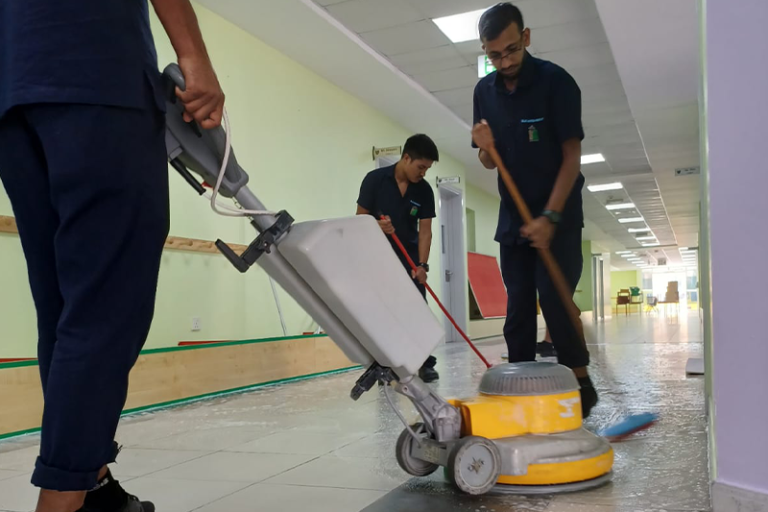
Deep Cleaning
business
Our Working Process
Let’s start the journey towards success and enhance revenue for your business. Take your company to the next level.
Book An Appointment Today
Blue Diamond would like to hear from you. if you have business inquiries. Get in touch with us.





